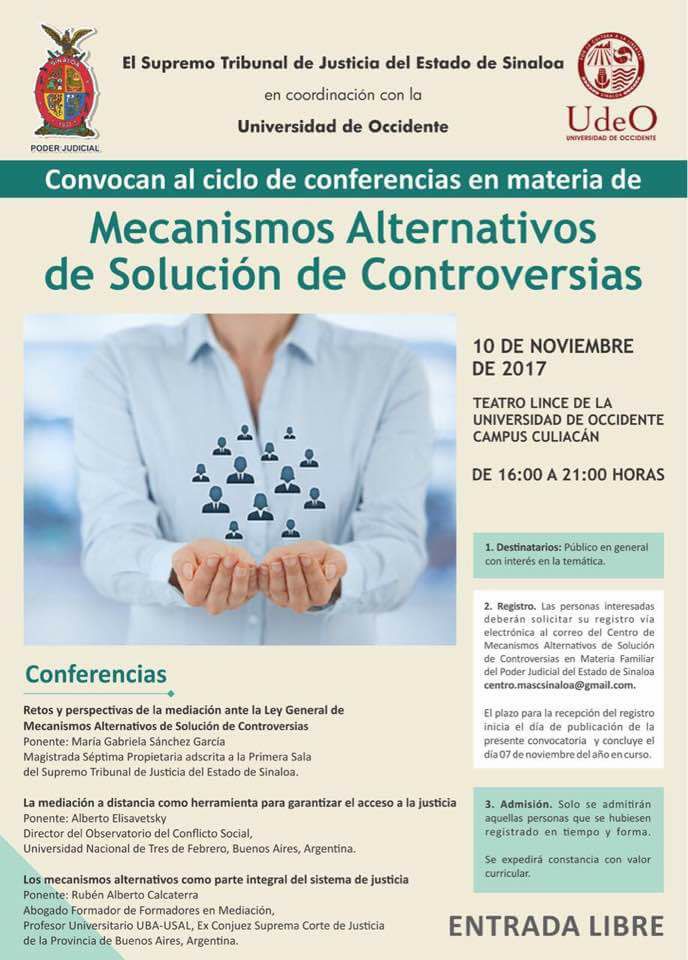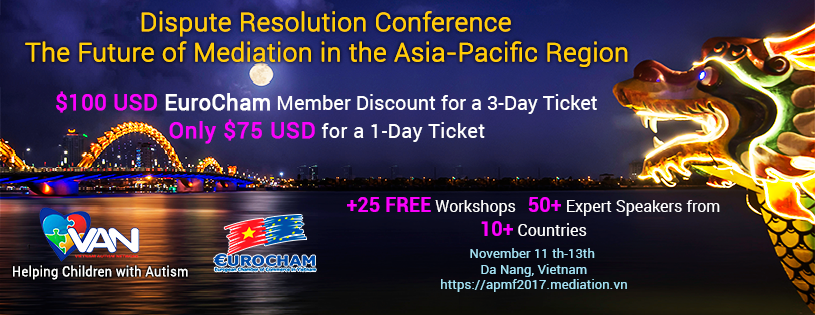Daniel Dimov has released his dissertation on CODR, or Crowdsourced Dispute Resolution:
“Although crowdsourced online dispute resolution (CODR) is one of the newest forms of dispute resolution, it has gained tremendous success. For example, Taobao User Dispute Resolution System resolved 238,000 online-shopping disputes in 2013 and attracted more than 575,000 crowd jurors from December 2012 to July 2014. To compare, in the second quarter of 2014, English courts dealt with just 11,100 civil (excluding family) hearings or trials. The difference between Taobao User Dispute Resolution System and the English court system lies not only in the number of cases which each of them resolves, but also in the fact that the jurors participating in the Chinese CODR procedure do not get any remuneration.”
I’ve been reading it today and it’s very thorough and well done. I think this is the most in-depth analysis of crowdsourced ODR every completed, and it will be of great interest for ODR researchers and students. I definitely recommend checking it out.
From his Supervisor Prof.dr. H.J. van den Herik: “In Crowdsourced Online Dispute Resolution Daniel Dimov has achieved a breakthrough in thinking on dispute resolution. Dimov’s dissertation provides a clear answer to the question of the role of ODR in the judicial system. It should be Crowdsourced ODR. His dissertation shows the developments occurring in law and information technology: CODR is cheap, fast, democratic and fair. Daniel Dimov has demonstrated tremendous tenacity in combining his ideas on CODR with our interpretation of objective procedural fairness.”
read more



